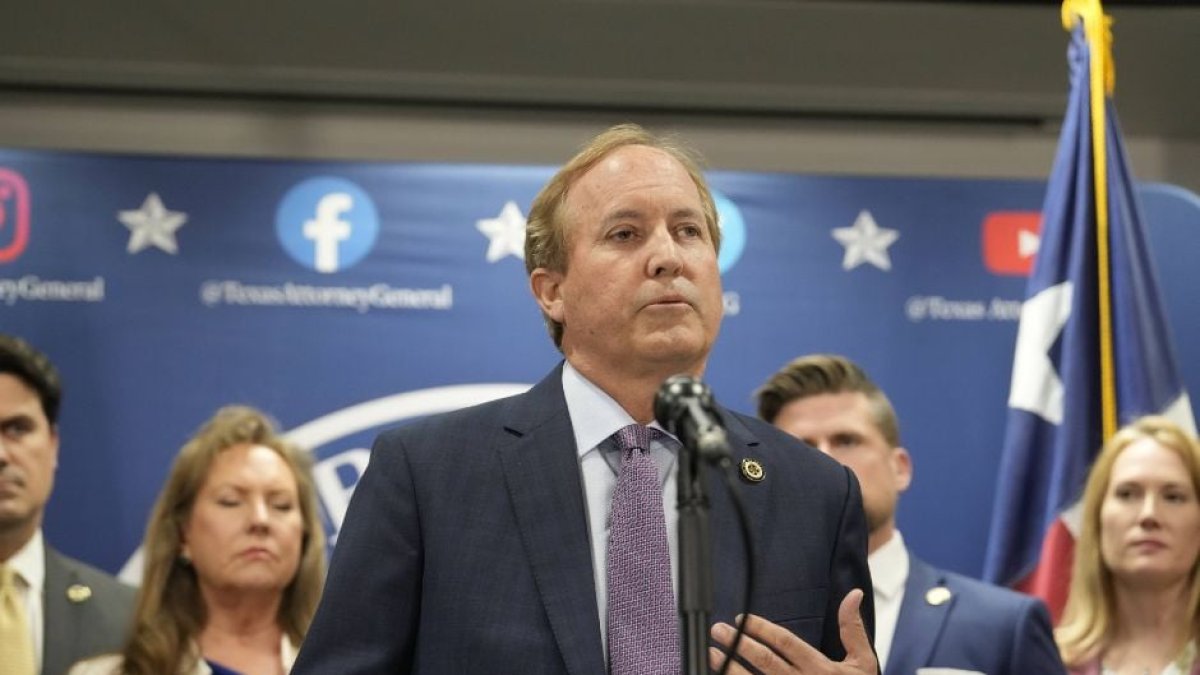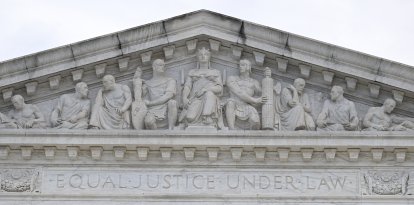Sixteen states sue Biden-Harris Administration for legalizing illegal immigrants married to Americans
Texas, Idaho, Alabama, and Florida are among the plaintiffs seeking the suspension of the Keeping Families Together program, which they claim is against federal law and will result in an increase in illegal immigration.

Texas Attorney General Ken Paxton, one of the plaintiffs
A coalition of 16 states appealed to Justice the Administration's brand new program to grant citizenship to immigrants who entered the country illegally and are married to U.S. citizens.
From the organization American First Legal, which advised the Republican attorneys general, explained that they are seeking a temporary restriction that would halt the program immediately. The program, called Keeping Families Together, began accepting applications last Monday.
"Federal law prohibits illegal aliens from adjusting their status to that of a Lawful Permanent Resident in the United States if they have been unlawfully present in the United States" American First Legal argued. They further argued that the measure "eliminates any disincentive" to enter illegally and thus will increase illegal immigration.
The complaint claims that Keeping Families Together will grant "more than a million illegal aliens" parole in place (PIP), meaning they need not leave the country and re-enter through legal channels. Parole, the plaintiffs argue, can only be granted on a case-by-case analysis and not "en masse," and must be used for those who want to enter the country, not those already within its borders.
"Biden’s new parole workaround unilaterally grants the opportunity for citizenship to unvetted aliens whose first act on American soil was to break our laws," Texas Attorney General Ken Paxton said in a statement. "This violates the Constitution and actively worsens the illegal immigration disaster that is hurting Texas and our country," he added. From his office they estimated that the program would cover 200,000 people in the Lone Star State.
Read the full lawsuit
Among the plaintiffs are border states as well as coastal and central states. In addition to Texas, they are: Idaho, Alabama, Arkansas, Florida, Georgia, Iowa, Iowa, Kansas, Louisiana, Missouri, North Dakota, South Dakota, Ohio, South Carolina, Tennessee and Wyoming.

























